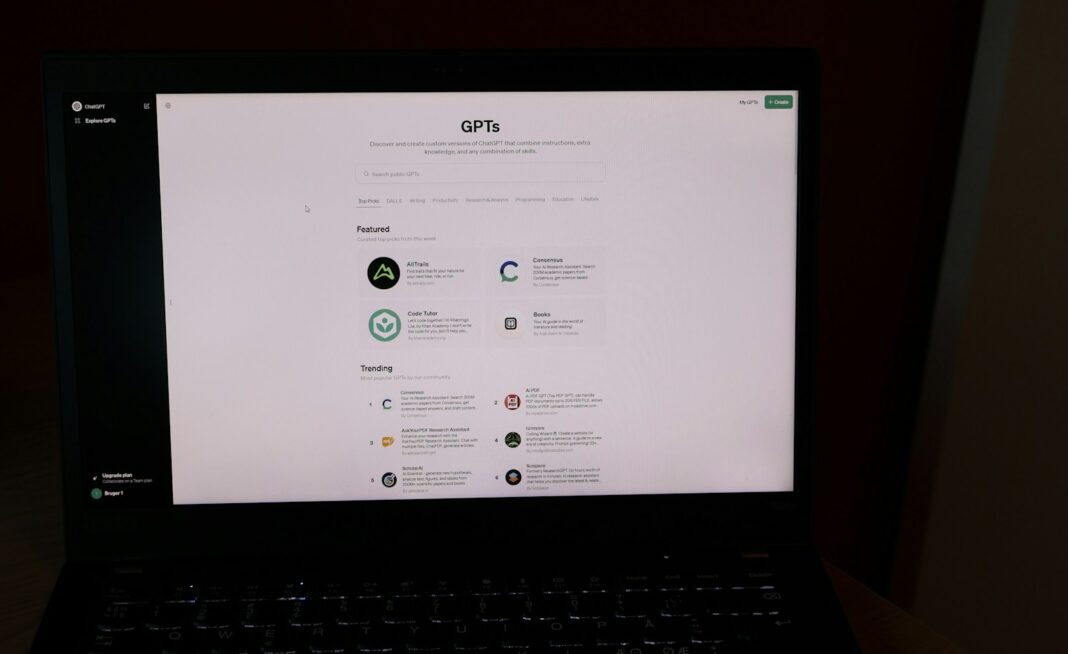Legal academic argues GenAI could support hourly billing and reshape lawyer workloads
A leading legal academic has argued that the adoption of generative artificial intelligence by lawyers could strengthen rather than disrupt the billable hour. Professor Jonah Perlin of Georgetown University said predictions that GenAI will produce a dramatic fall in total billable hours across the profession are far from certain.
Professor Perlin is a professor of law and legal practice and a senior fellow at the Center on Ethics and the Legal Profession. In a paper examining how GenAI may affect legal billing, he considered the common claim that automated tools will significantly reduce the time lawyers spend on many tasks and remove some tasks entirely. Commentators have suggested that this change will reduce the number of hours lawyers can bill and force firms to rethink their pricing structure.
He accepted that this scenario is one possible outcome but said the situation may be more complex. While GenAI will create some efficiency gains, he argued that the overall reduction in hours may not be substantial for many lawyers. Even if individual lawyers see a large reduction in hours on certain tasks, other factors could shift in ways that offset the loss of those billable hours.
He identified four variables that GenAI could affect. These were hours worked, rates charged, the level of reductions or write offs that clients negotiate, and expenses. He said GenAI may influence these variables in ways that could counterbalance any decrease in billable hours.
Embed from Getty Images
Professor Perlin noted that predictions of the death of the billable hour have appeared many times in the past yet hourly billing remains central to the legal industry. He said alternative fee arrangements have increased but they have mostly supplemented instead of replaced hourly billing. Many firms that use alternative pricing still rely on the billable hour to measure productivity because time worked remains the simplest output metric.
In this context, he said it is understandable that many lawyers who bill by the hour feel anxious about claims that GenAI will increase efficiency and reduce the time needed for traditional legal work. He wrote that the impact may not be as severe as expected.
Professor Perlin said clients know what hourly billing rates are but they pay for outcomes. He argued that if lawyers can show clients that GenAI allows them to focus on more valuable work, rate increases may be acceptable and possibly welcomed.
He also addressed concerns about write offs. He acknowledged that GenAI may allow some sophisticated clients to review invoices in new ways or request further discounts. At the same time, he said GenAI may help lawyers reduce these reductions. He wrote that GenAI tools may allow lawyers to prepare bills that match client guidelines more accurately and more quickly. These tools may also help firms predict the cost of tasks and matters with more precision. He suggested that if lawyers reduce billing for routine tasks that clients often refuse to pay for, there may be fewer opportunities for clients to challenge invoice items.
On expenses, Professor Perlin said firms may be able to outsource work to GenAI for lower costs than hiring junior associates. This could increase the portion of gross revenue retained by firms and their equity partners. He added that if GenAI allows junior lawyers to undertake higher level work earlier in their careers, they may be billed at higher rates.
Professor Perlin concluded that GenAI has the potential to support the continued viability of the billable hour model in ways that many have not expected. He said the impact of GenAI may differ from the predictions that it will require a complete overhaul of law firm pricing.
